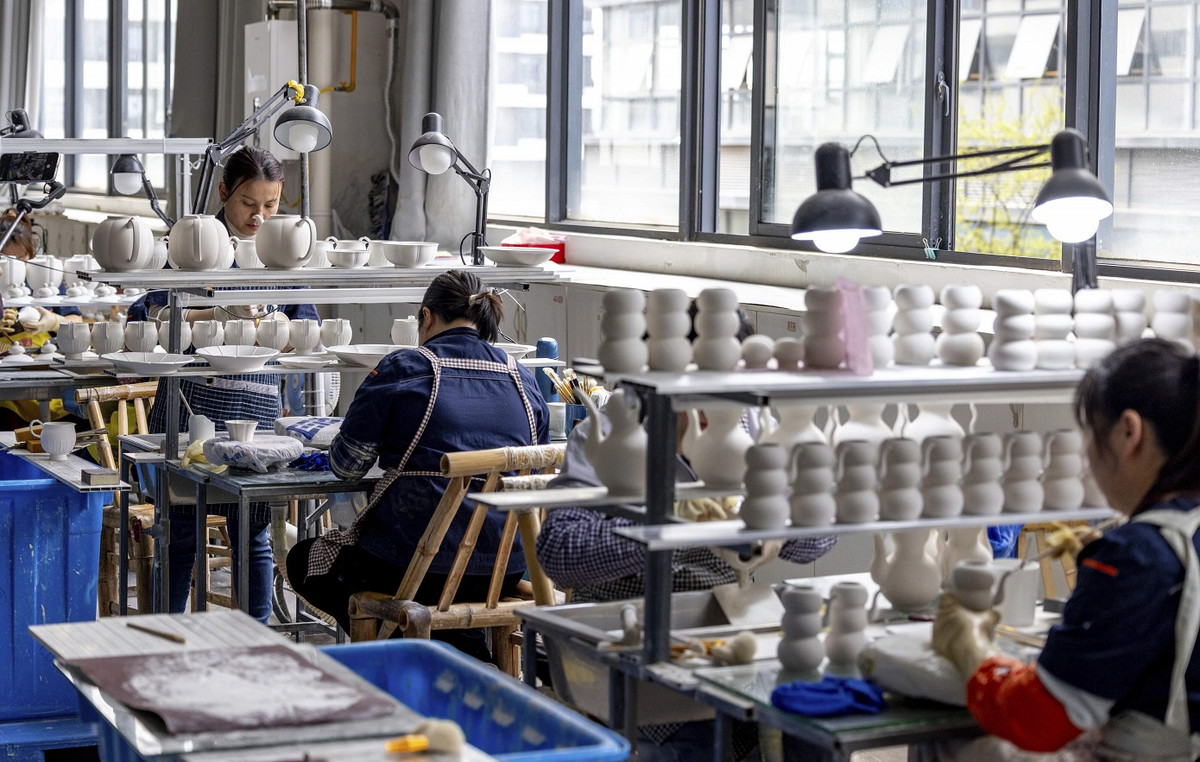Exactly four years ago, on March 11, 2020, the WHO (World Health Organization) declared the Covid-19 pandemic . Since then, the disease has accumulated more than 38 million cases and took more than 700 thousand people died in Brazil , according to data from the SUS (Unified Health System). Worldwide, the estimate was that around 20 million people had died in the world by 2023, according to the WHO.
At the time, the virus was unknown: there was no vaccine against it, knowledge was shallow and there were no specific treatments. Currently, the situation is different. Different vaccines are available, several mutations of the virus are known and antivirals have been developed to combat the infection.
Next, the CNN brings a complicated set of 4 lessons that the four years after the start of the Covid-19 pandemic have brought to the general population. Check out:
1. It is essential to keep your vaccinations up to date
The first vaccine applied in Brazil against Covid-19 was CoronaVac, developed by the Butantan Institute and Sinovac, on January 17, 2021, the same date on which Anvisa (National Health Surveillance Agency) approved the emergency use of the vaccine. .
Since then, other immunizers have been approved for use in Brazil, such as the AstraZeneca/Fiocruz/Oxford vaccine, Cominarty, from Pfizer/BioNTech, and the Janssen/Johnson & Johnson vaccine. Most, with the exception of Janssen, works on a two-dose schedule with booster doses with updated vaccines being recommended.
The bivalent vaccine, from Pfizer, is essential to also protect against the Ômicron strain. Furthermore, last year, Anvisa approved the update of the monovalent vaccine to protect against the XBB 1.15 variant. In March this year, the agency also authorized the registration of monovalent Spikevax, from Adium, representative of the pharmaceutical company Moderna in Brazil, another protection option for the recent variant.
Recent studies show that It is essential to keep vaccinations up to date , with all doses applied — including booster doses — to remain protected against serious cases of Covid-19. According to researchers, people who received updated vaccines against the virus had less likely to be hospitalized compared to those who were not vaccinated with current doses.
2. Masks and other forms of prevention really are effective
When there were no vaccines against Covid-19 yet, the main way to prevent infection with the virus was by wearing masks and avoiding crowds. A study published in PNAS (Proceedings of the National Academy of Sciences) showed that, even three meters away, a person not vaccinated against the coronavirus and without a mask can become infected in less than five minutes by inhaling particles expelled by the breath of someone infected.
The same study showed that, if both people were wearing masks that fit tightly to their faces, the chance of contact within 20 minutes would be just 0.1%, in the case of standard PFF2 masks . In relation to surgical masks, which are simpler, the chance of contagion would be 10%.
But, in addition to masks, other forms of protection have also proven effective. According to researchers from University of Michiganfrom the United States, maintain the ventilation and air filtration in closed environments is also essential . This is because the viruses that cause Covid-19 — and other respiratory infections, such as flu and bronchiolitis — remain suspended in the air for hours.
By opening windows, turning on fans, filtering the air from devices such as air conditioning, it is possible to ventilate the air and reduce the amount of viruses present in the environment.
3. Tests must be done at the right time
Tests for Covid-19 are the main way to detect the infection. Currently, there are four types of test, one of which can be done by the patient themselves.
Although they are highly effective in detecting the virus, it is necessary to know how to do them at the right time to avoid cases of “false negatives” — when the test result does not detect the virus, despite the patient being infected.
The ideal time to detect Covid-19 may vary depending on the type of test. The rapid test and self-test, for example, must be done on the 1st and 7th day of the onset of symptoms. The RT-PCR can be done up to the 8th day of symptoms, while the serology test must be done from the 21st day of symptoms, to find out if a person previously had Covid-19.
4. Aftermaths can last for a long time
According to a study developed by researchers from UFPel (Federal University of Pelotas) and UFRGS (Federal University of Rio Grande do Sul), three out of four infected with the coronavirus developed long Covid.
The condition is characterized by the occurrence of persistent symptoms of the disease three months after contamination, such as headache, fatigue, loss of smell and taste, cough, hair loss and neurological complications.
Another study, carried out by German researchers, detected changes in the brains of people who had long Covid, which may be related to symptoms such as fatigue, cognitive problems and loss of smell.
Another research, published in Nature Medicine in 2023 showed that the condition can be more disabling than heart disease or cancer. According to the work, long Covid generated more than 80 disability-adjusted life years, that is, years of healthy life lost due to the disease.
Finally, data from a study carried out in Spain in 2022 showed that almost 60% of patients who were hospitalized and 67.5% of those who were not hospitalized reported at least one symptom of Covid-19 two years after infection.
Source: CNN Brasil
I am an experienced journalist and writer with a career in the news industry. My focus is on covering Top News stories for World Stock Market, where I provide comprehensive analysis and commentary on markets around the world. I have expertise in writing both long-form articles and shorter pieces that deliver timely, relevant updates to readers.







